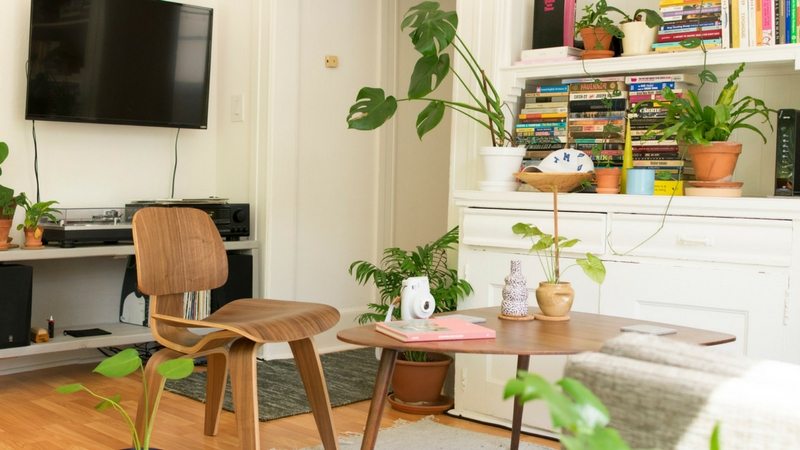Paperwork and Housing
Episode #3 of the course How to prepare to study abroad by Susanna M. Olson
You’ve chosen your course. Your academic advisor has approved it. Now it is time to work on preparing your living situation and acquiring the necessary travel documentation.
Paperwork
To travel abroad, you will need a passport and in many cases, a student visa. The requirements will vary from country to country. Obtaining proper documentation usually involves filling out a number of forms and paying a fee. Start working on the paperwork as early as possible. That way, if something goes wrong, you have time to reapply.
Look for the visa requirements for your target destination on an official government website or on your host university’s website (under sections for international students).
In addition to your required documents, it is a good habit to bring documents you can use to validate your story at border control and copies of your most important health documents in case of an emergency abroad.
To sum it up, here are a list of items you should keep with you:
• passport and its photocopy
• visa
• birth certificate and/or its photocopy
• correspondence letters from the university confirming your attendance
• immunization and other relevant medical records
Pro tip: In case your real passport is lost or stolen, keep the photocopy in a separate bag or suitcase. You won’t be able to travel with a photocopy, but it can help speed up the process of replacing your passport.
Housing
Where will you live while abroad? If you have chosen a structured faculty-led or independent program, your housing will likely already be worked out for you. However, if you are studying abroad by directly enrolling at a foreign university, you will need to decide what living arrangements will work best for you. There are three main options for study abroad students: homestay, apartments, and student dorms. We will discuss each option so you can determine the best arrangement for your circumstances:
Homestay. In a homestay setup, you live in the home of a local family. You will usually have your own room. Rent typically includes utilities and food. This option is great if you are moving into a place with a new language. Living with a family will offer a safe environment where you will be forced to practice your new language skills. It is also typically the most affordable plan and highly recommended if you are working on a tight budget.
Student dorms. Staying in the dorms means that you have the most opportunities to make friends and fully immerse yourself in the student culture of your host university. Typically, you will work with your host university to find and pay for a dorm. Most dorms are furnished, but make sure to check on the amenities beforehand to ensure that you will have all the things you need.
Apartment. If you need a little more independence, you may want to look into renting a furnished apartment. This is usually the most expensive option; however, if you can split the cost with friends, it may become cheaper than the student dorms. Navigating renting your own apartment will give you special insight into moving and living in another country permanently. But make sure to look for furnished apartments, or you will have to buy a load of things and leave them behind after your short stay.
Now that you have a program in mind and know how to start working out living arrangements, it is time to get into the nitty-gritties of preparing for the big move. In the next lesson, we will discuss how to prepare your cellphone to work abroad.
Recommended reading
Study Abroad Housing, Is One Better Than the Other?
Recommended book
Prepare for Departure: A Guide to Making the Most of Your Study Abroad Experience by Shelley Story
Share with friends

